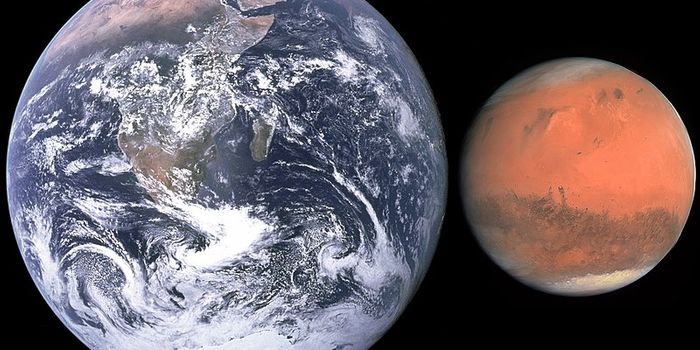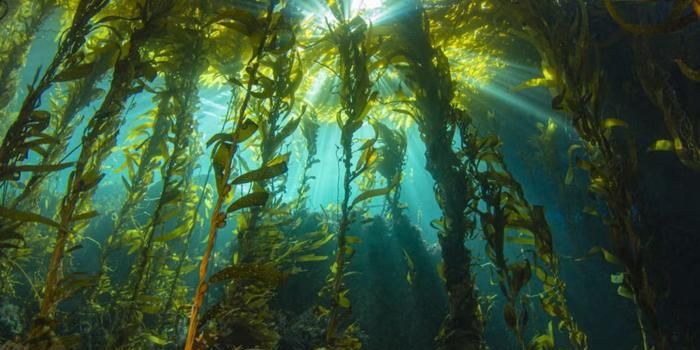As Taps Run Dry in Multiple Cities, UN Warns of Looming Water Crises
Climate change and poor planning are causing major water scarcity crises in multiple cities and regions around the world, and the United Nations is warning that tensions over water are worsening global conflicts. A recent report by UNESCO for the UN has determined that about 2.2 billion people around the world lack access to safe drinking water, while 3.5 billion are unable to rely on safe sanitation. While the UN has promoted the expanded access of safe drinking water and sanitation, particularly before 2030, we are clearly far from that goal, and the situation may actually be getting worse.
About half of the people in the world were subjected to some kind of water scarcity in 2022 for at least a portion of the year, and about one-quarter of the global population suffered 'extremely high' water stress levels. Droughts are expected to increase in frequency and severity due to climate change, and these weather events have already impacted 1.4 billion people since 2002.
“As water stress increases, so do the risks of local or regional conflict. UNESCO’s message is clear: if we want to preserve peace, we must act swiftly not only to safeguard water resources but also to enhance regional and global cooperation in this area,” said the Director-General of UNESCO Audrey Azoulay.
Right now, the Mexico City metropolitan area is home to about 22 million people, and the taps have run dry for many people who now rely on trucks to bring water to their communities. A massive amount of the city's water is lost to leakage in the infrastructure, but many people also do not trust the quality of the city water. Stress on the supply has also skyrocketed as the area's population has increased, and heat waves and droughts have intensified.
"The water shortage has really intensified this year," hydraulic engineer Claudia Rojas Serna told the Los Angeles Times. "What we are going through now is as bad as we have seen."
While Cape Town made headlines several years ago as they approached so-called Day Zero (when a city's taps tun dry), it is now Johannesburg, South Africa that is experiencing major water supply problems. In poor neighborhoods and wealthy suburbs alike, residents are collecting water in buckets. For those who can obtain tap water, in only comes out in drips and trickles. The country has also been experiencing serious heat waves, which are exacerbating the crisis.
In 2019, Chennai, India, home to about 11.2 million people, experienced a major water shortage. This city also experienced Day Zero. But in their case, many residents were already getting their drinking water from trucks. But the compabny supplying their drinking water ran out for a time, and residents were then rationed to about 20 liters of water per day. Efforts were then made to improve the city's infrastructure so that more rainwater could be captured and used.
But a poor monsoon season and rapid urbanization are now threatening the water supply of Bangalore, India. There are about 11 million people dependent on water from a local river, but the groundwater is running dry. Residents of this city now also have to stand in line to fill water buckets.
The United States is not without its own water crises as well. It's estimated that about 2 million Americans do not have access to running water or reliable sanitation. In the US, poor communities are especially at risk.
“We treat water like an amenity, instead of a vital necessity,” the EPA noted in a 2019 report.
The UN has noted that about 40 percent of the global population resides near rivers or lakes that span borders, and of those, only about one-fifth are governed by joint management agreements that allocate resources equitably. Many of these regions are already marked by conflict.
The UN report also highlighted the decline of Lake Chad's volume: an astonishing 90 percent decrease in 60 years, which has complicated challenging conditions in the area. But affected countries are working together to use the remaining resources equitably. This has shown that there are peaceful paths forward even when multiple governments are confronted with water reductions.









